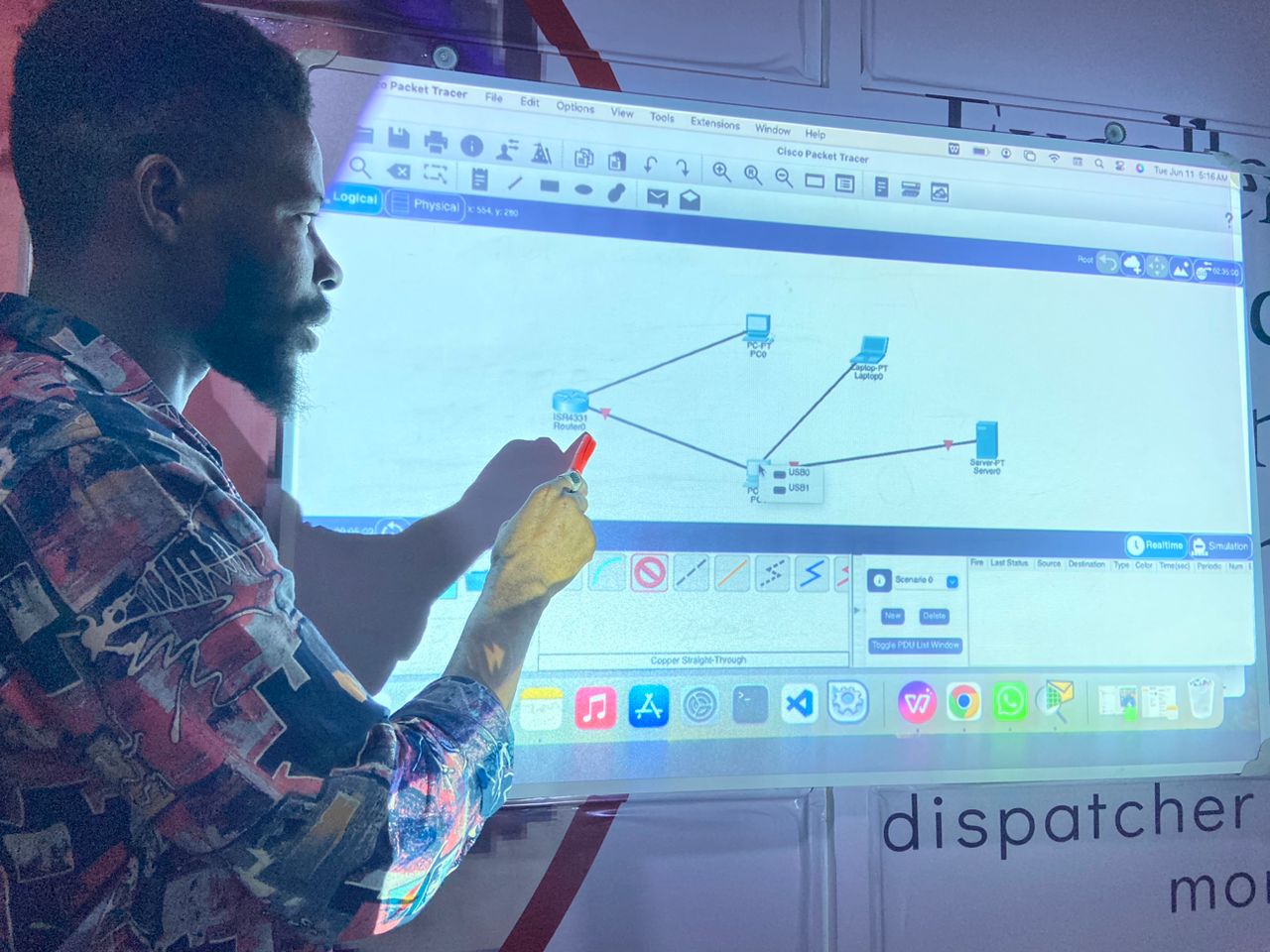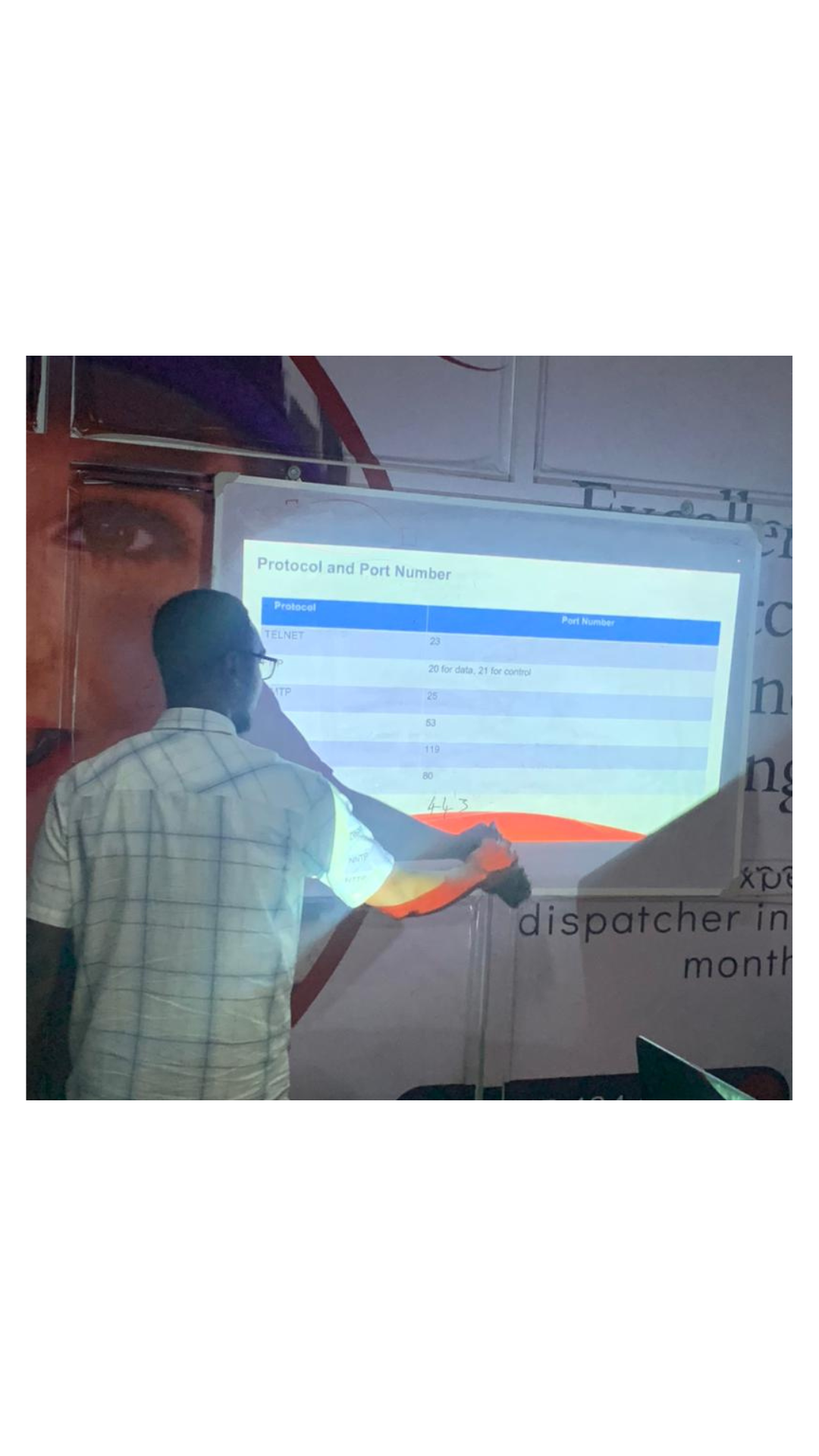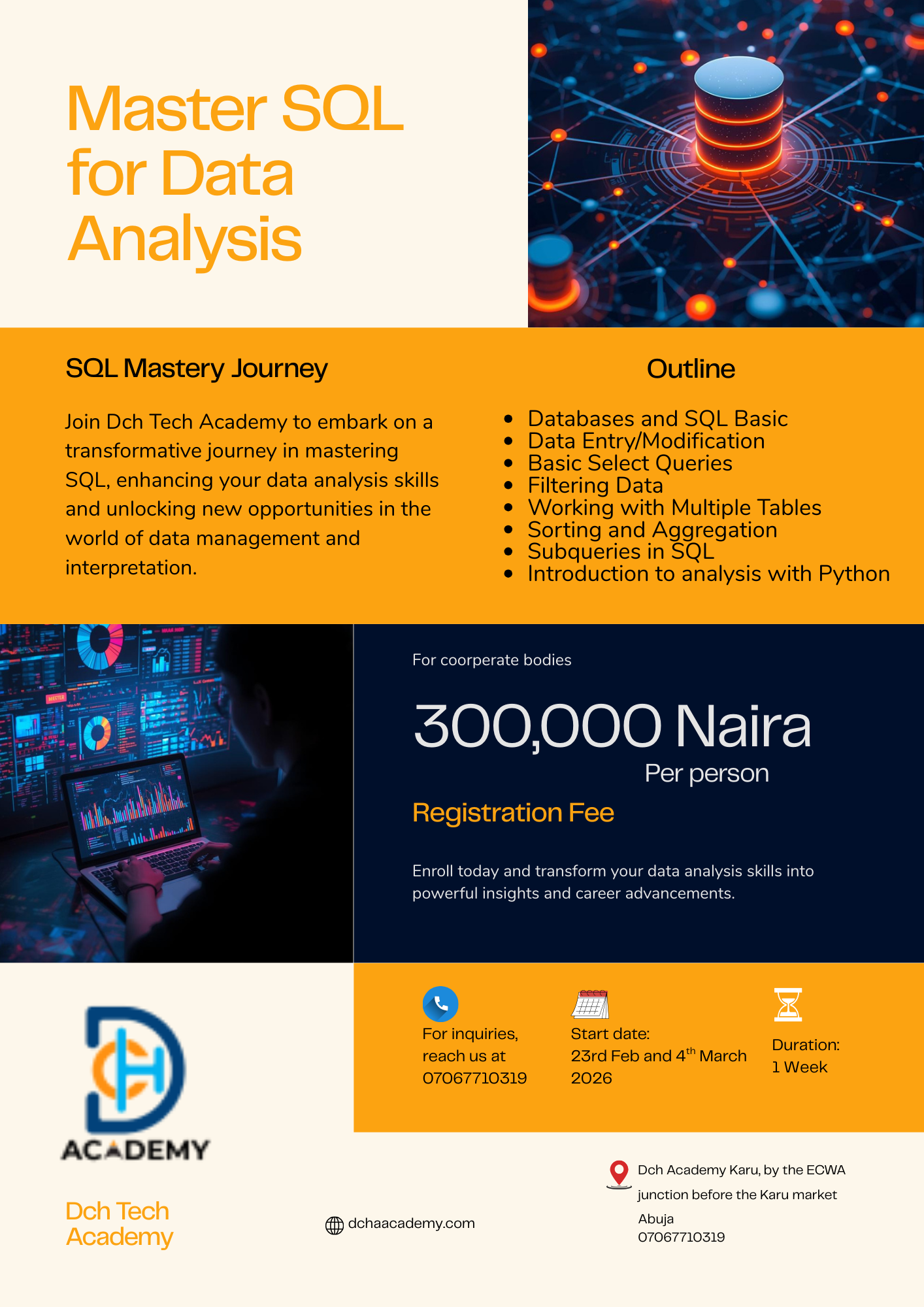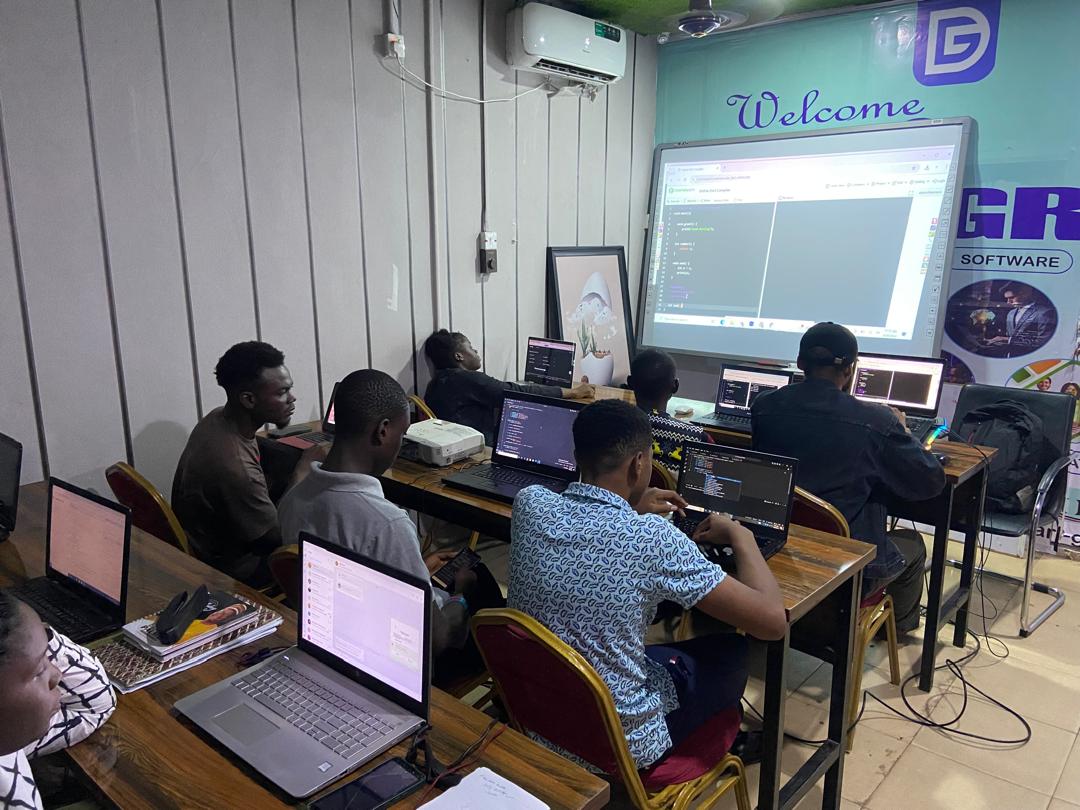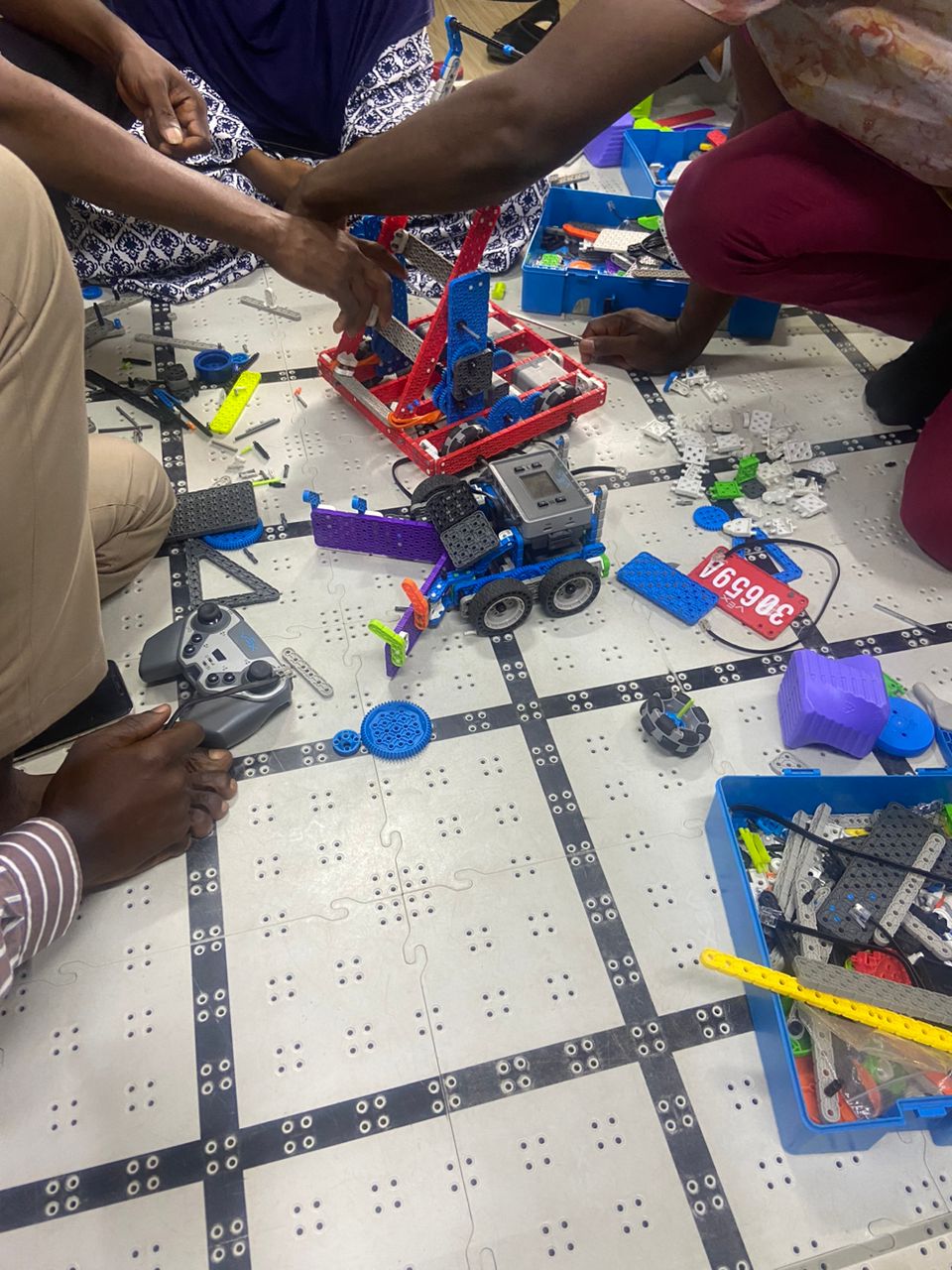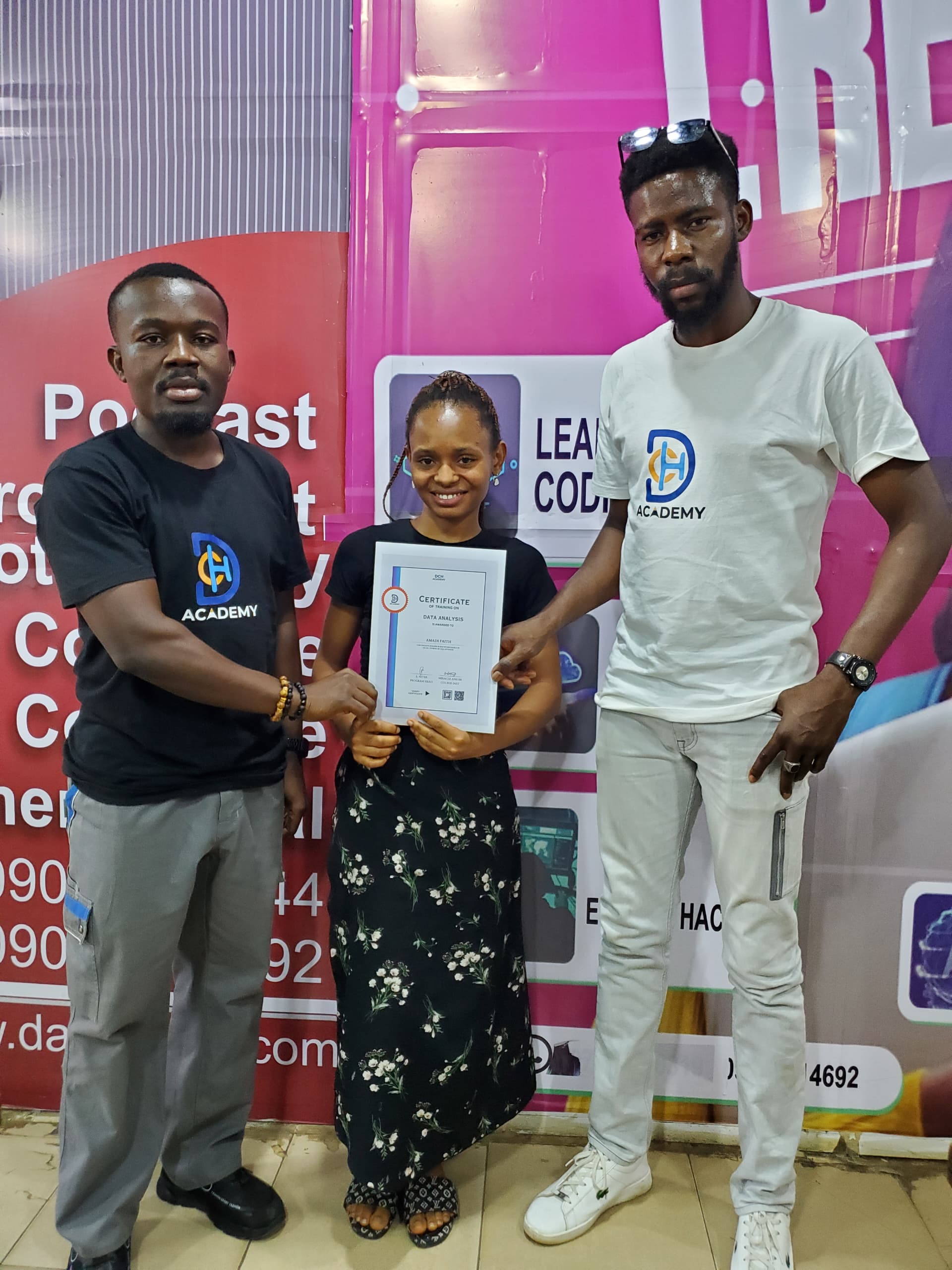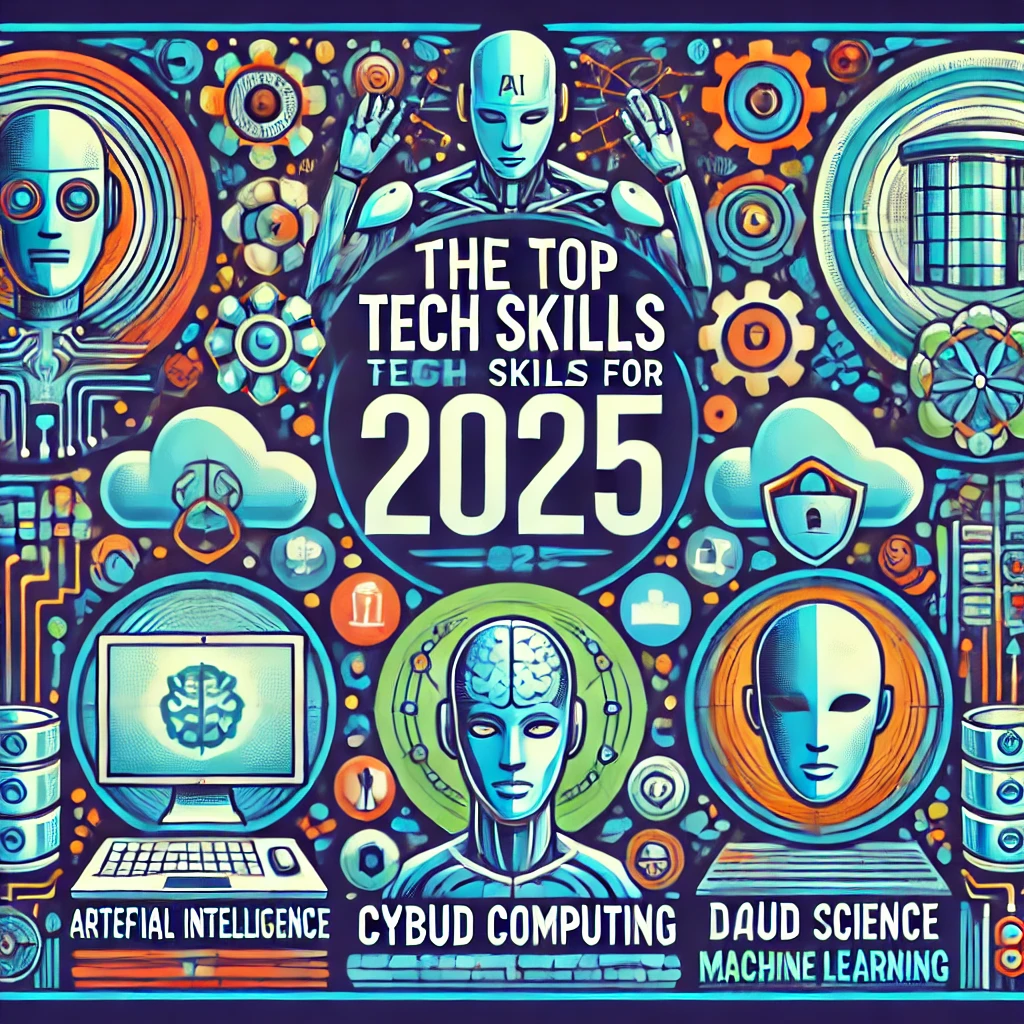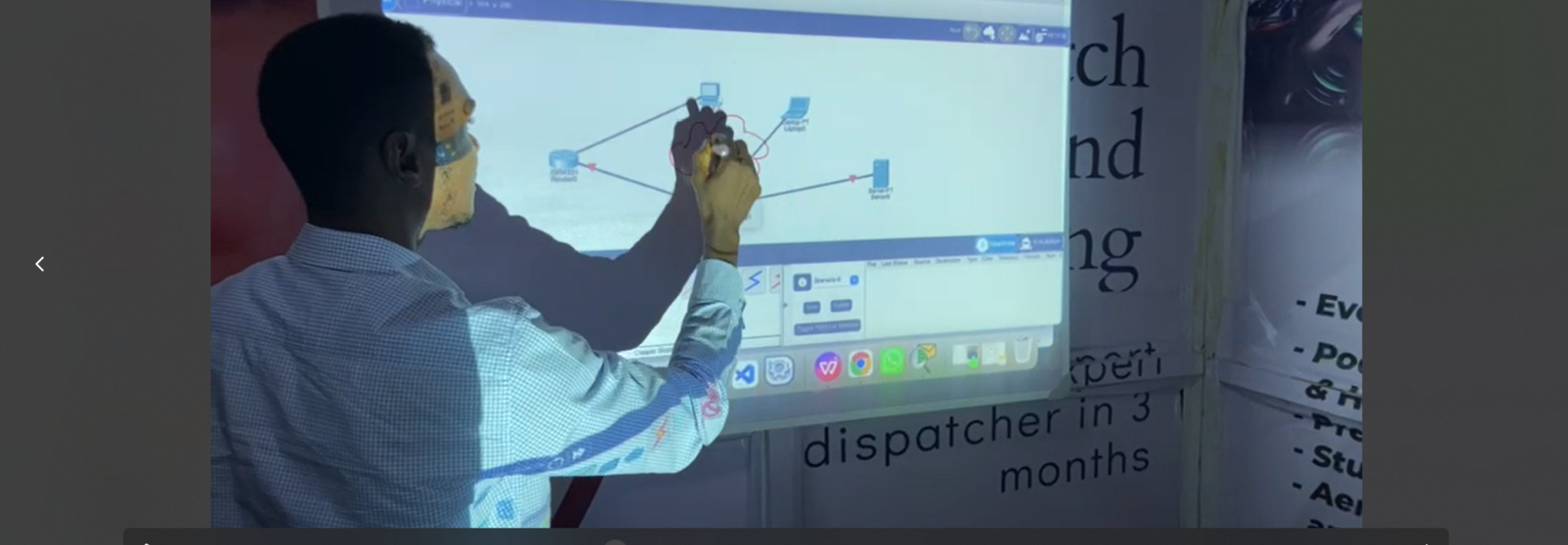Guide to Learning Programming from Scratch
Welcome to your ultimate guide to learning programming from scratch! In this digital age, coding has become an essential skill for anyone who wants to unlock the limitless possibilities of the technological world. Whether you are a complete beginner or looking to level up your coding skills, this comprehensive guide will walk you through the fundamentals of programming, step by step. With easy-to-understand explanations and practical examples, you will gain a solid foundation in key programming concepts and languages. HTML and CSS for web development to Python and Java for software development, we've got you covered. Whether you dream of building mobile apps, creating dynamic websites, or even diving into data analysis, you'll find the guidance you need right here.
But this guide is more than just technical instruction. We understand that learning coding can be intimidating, so we've made it our mission to make it fun, engaging, and accessible. Get ready to unleash your creativity, problem-solving skills, and logical thinking as you navigate the exciting world of coding. So, grab your keyboard, and let's dive into the world of coding together!
Why Learn Coding?
Coding is a powerful skill that opens doors to numerous opportunities. Whether you're aiming for a career in tech, want to build your own website, or simply wish to understand how software works, learning coding for beginners is the first step towards achieving those goals. Coding enhances your problem-solving skills and logical thinking, making it valuable in many fields beyond technology. As more industries rely on software and automation, coding becomes increasingly important, offering high demand and job security.
Different Programming Languages to Choose From
When starting your coding journey, you'll encounter various programming languages, each with its own use cases and strengths. Here are some popular ones to consider:
- HTML and CSS: Essential for web development, HTML structures the content on the web, while CSS styles it.
- JavaScript: A versatile language for adding interactivity to websites and building web applications.
- Python: Known for its simplicity and readability, Python is great for beginners and is widely used in web development, data analysis, and machine learning.
- Java: A powerful, object-oriented language commonly used in enterprise applications and Android app development.
- C++: Used in system/software development, game development, and applications requiring high performance.
- Ruby: Known for its elegant syntax, Ruby is popular in web development, particularly with the Ruby on Rails framework.
Steps to Start Learning Coding from Scratch
- Set Clear Goals: Determine why you want to learn coding and what you hope to achieve. This will help you stay motivated and focused.
- Choose a Language: Based on your goals, choose a programming language that aligns with your interests. Python is a great starting point for most beginners.
- Find Learning Resources: Utilize online courses, tutorials, books, and coding bootcamps to get started. Look for resources that match your learning style.
- Start Small: Begin with basic concepts and gradually move to more complex topics. Practice writing simple programs to reinforce your learning.
- Build Projects: Apply what you've learned by working on real-world projects. This will help solidify your knowledge and give you practical experience.
- Join a Community: Engage with other learners and developers. Join online forums, attend local meetups, and participate in coding challenges.
- Seek Feedback: Share your code with others and ask for feedback. This will help you improve and learn from different perspectives.
- Stay Consistent: Dedicate regular time to practice coding. Consistency is key to mastering programming skills.
Online Resources for Learning Coding
The internet is filled with resources for learning coding for beginners. Here are some highly recommended platforms:
- Dchacademy.com: Interactive courses covering various programming languages and topics via physical classes.
- Coursera: Offers courses from top universities and institutions, often with certificates.
- Udemy: A wide range of courses on different programming languages and technologies.
- Khan Academy: Free tutorials on computer programming and other subjects.
- edX: University-level courses on various programming languages and computer science topics.
- freeCodeCamp: A free platform with a comprehensive curriculum and hands-on projects.
Coding Bootcamps and Courses
If you prefer a more structured learning environment, coding bootcamps and courses are excellent options. These programs are intensive and often immersive, designed to teach you coding skills in a short period. Some popular coding bootcamps include:
- General Assembly: Offers courses in web development, data science, and more.
- Flatiron School: Provides immersive bootcamps in software engineering, data science, and cybersecurity.
- Le Wagon: Focuses on web development and data science bootcamps.
- Hack Reactor: Known for its software engineering bootcamps.
- DCH Academy: Offers a full-stack web development curriculum with a deferred tuition model.
Building a Coding Portfolio
Creating a portfolio is crucial to showcase your skills and projects to potential employers or clients. Here’s how to build an impressive coding portfolio:
- Start with Personal Projects: Build projects that interest you, such as a personal website, blog, or a simple app.
- Contribute to Open Source: Join open-source projects to gain experience and demonstrate your ability to work with a team.
- Document Your Work: Write detailed descriptions of your projects, including the technologies used, challenges faced, and solutions implemented.
- Use GitHub: Host your code on GitHub, making it accessible to others and demonstrating your version control skills.
- Create a Portfolio Website: Showcase your projects, resume, and contact information on a professional website.
Common Coding Challenges and How to Overcome Them
Learning coding can be challenging, but understanding common obstacles can help you overcome them:
- Syntax Errors: These are common for beginners. Practice writing code regularly and pay attention to details.
- Debugging: Learn debugging techniques to identify and fix errors in your code.
- Understanding Concepts: Some concepts may be difficult to grasp. Seek additional resources, ask for help, and practice regularly.
- Staying Motivated: Set small, achievable goals and reward yourself for progress. Joining a coding community can also provide motivation and support.
- Time Management: Dedicate specific times for coding practice and stick to your schedule.
Career Opportunities in Coding and Programming
- Web Developer: Create and maintain websites using HTML, CSS, JavaScript, and other web technologies.
- Software Developer: Design, develop, and maintain software applications.
- Data Scientist: Analyze and interpret complex data to help organizations make informed decisions.
- Mobile App Developer: Build applications for mobile devices using languages like Java, Swift, or Kotlin.
- Game Developer: Design and develop video games for various platforms.
- System Administrator: Manage and maintain IT infrastructure, including servers and networks.
- AI/ML Engineer: Develop and implement machine learning models and artificial intelligence solutions.
Conclusion
Learning coding from scratch can be a rewarding and transformative experience. With the right resources, dedication, and practice, anyone can master the art of programming. Whether you're looking to start a new career, build your projects, or simply understand the technology around you, coding is a valuable skill to have. So, take the first step today and embark on your coding journey!
Frequently Asked Questions
- Q: Do I need a background in math to learn coding?
A: While a basic understanding of math can be helpful, it's not a requirement for most programming languages. Many resources are available to help you learn the necessary math concepts as you go. - Q: How long does it take to learn coding?
A: The time it takes to learn coding varies based on your goals, dedication, and the complexity of the language. With consistent practice, you can start building projects within a few months. - Q: Can I learn coding on my own?
A: Yes, many successful programmers are self-taught. Numerous online resources, tutorials, and communities are available to support self-learners. - Q: Which programming language should I start with?
A: Python is often recommended for beginners due to its simplicity and readability. However, the best language to start with depends on your goals and interests. - Q: Is it necessary to attend a coding bootcamp?
While not necessary, coding bootcamps can provide a structured and immersive learning experience. They are a good option if you prefer guided instruction and can commit to intensive study.
